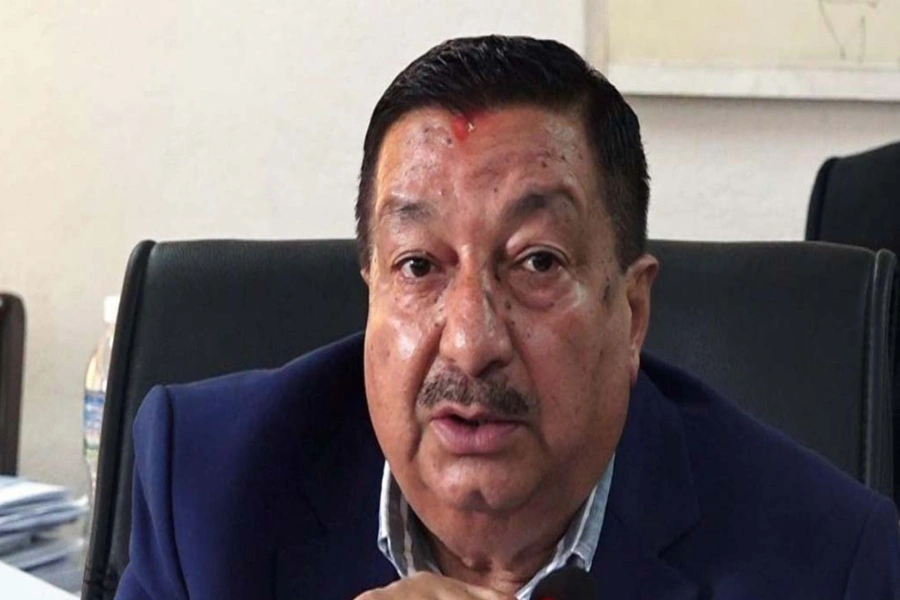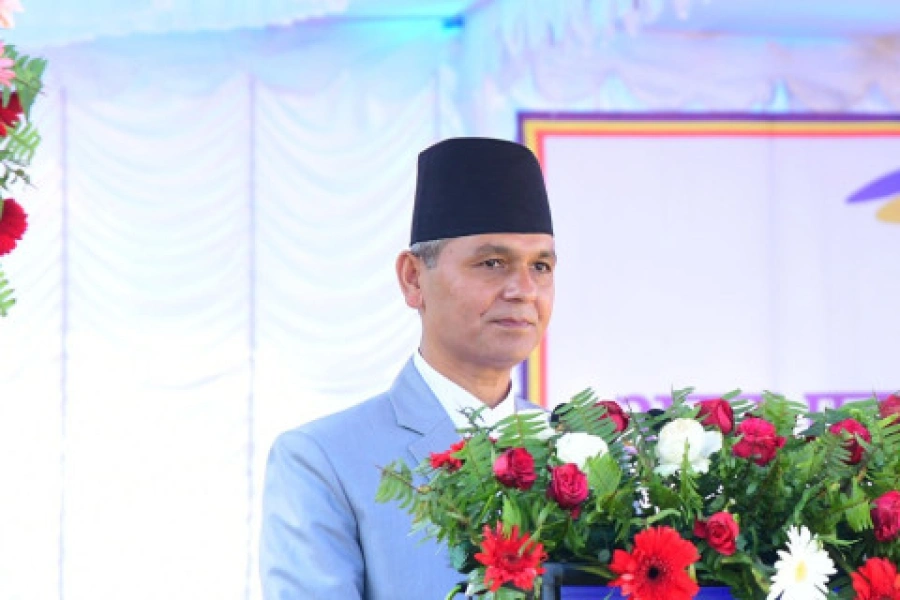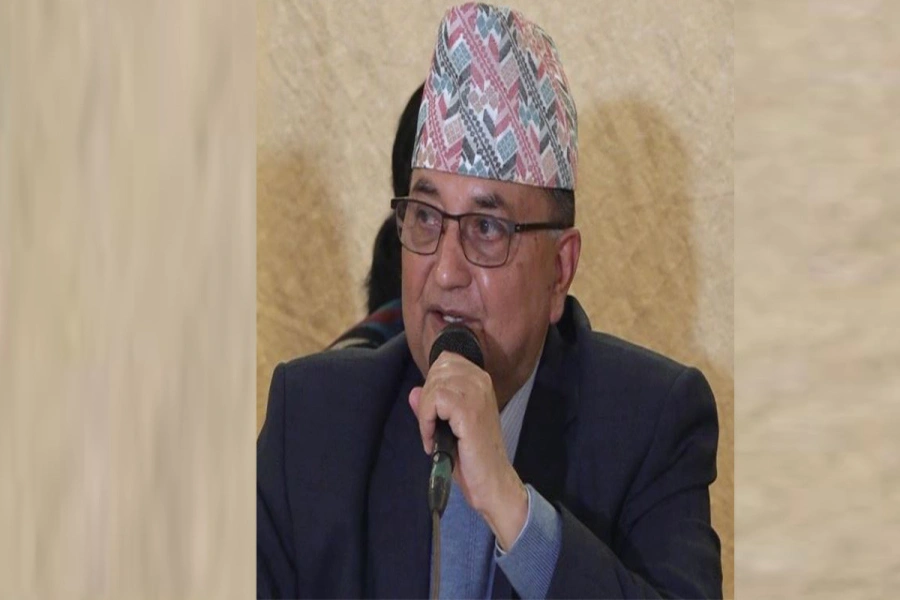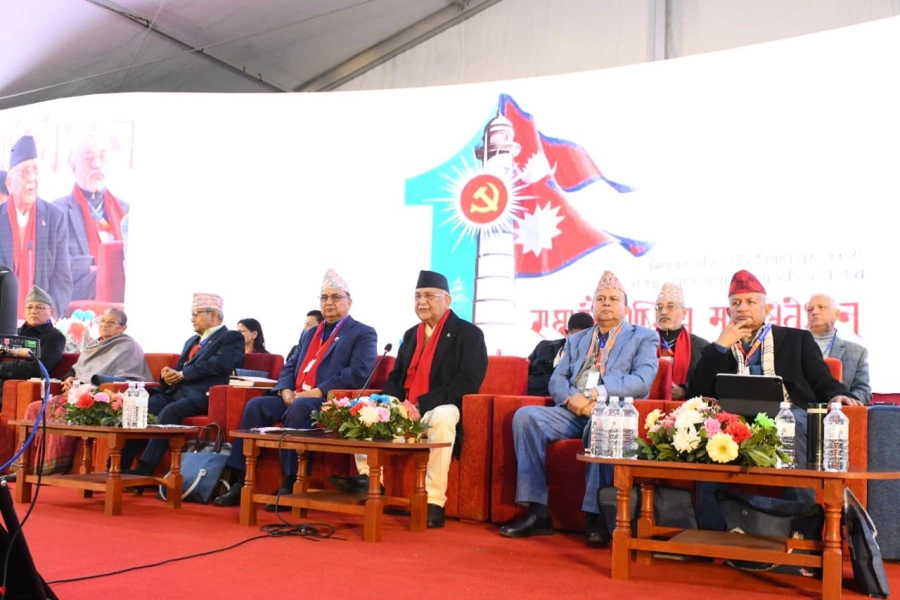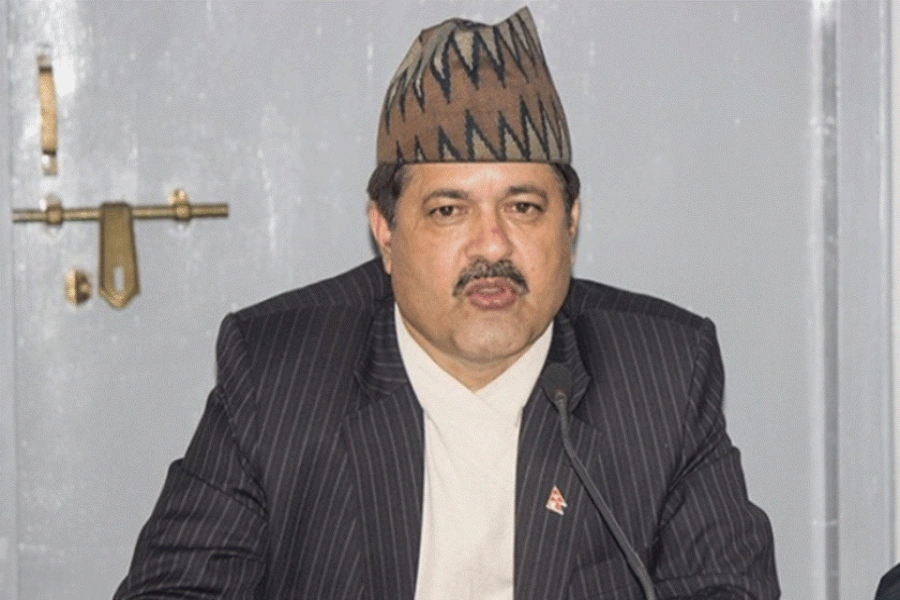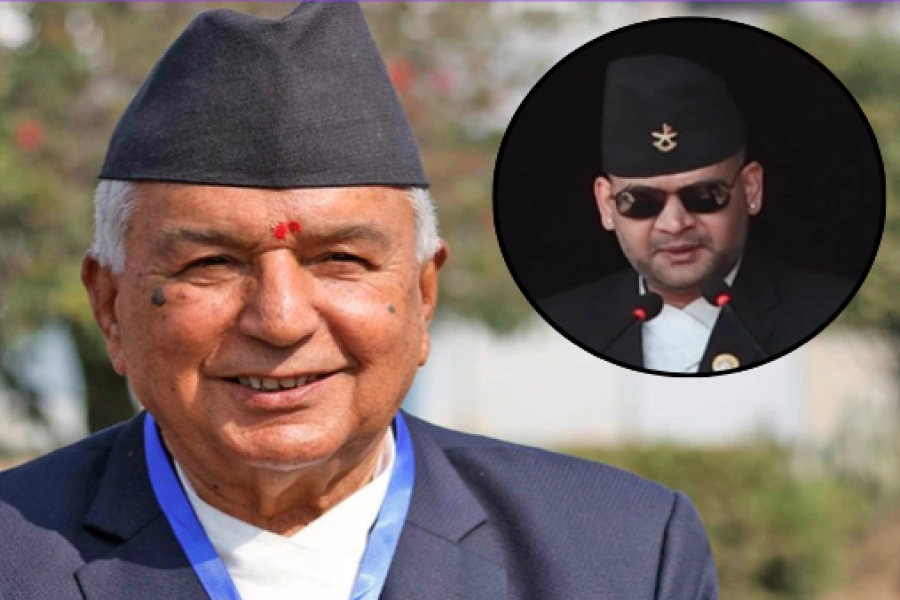KATHMANDU, Dec 19: In a politically significant move, the ruling Nepal Communist Party (NCP) and the Rastriya Janata Party Nepal (RJPN) on Wednesday reached an agreement to support each other during the upcoming election for the National Assembly (NA).
With the agreement, which was reached at the official residence of Prime Minister in Baluwatar, the RJPN will win two seats and the ruling NCP will secure victory in the remaining 16 seats of the upper house. Since President Bidya Bhandari will also appoint one member in the upper house on the recommendation of the government, the ruling NCP will technically secure 17 seats among the 19 seats that will fall vacant in March 2020.
As per the two-point agreement reached between the two sides, the NCP will support RJPN to win two of the four upper house seats from Province 2, while RJPN will support NCP to secure the remaining two.
NCP will support RJPN candidates from ‘open’ and ‘people with physical disabilities’ categories. Similarly, RJPN will lend its support to the NCP candidates from ‘Women’ and ‘Dalit’ categories.
NCP-RJPN squabble delays dy speaker poll

Currently, the NCP has 42 seats, while Nepali Congress has 13 seats in the upper house. Similarly, RJPN and Sadbhawana Party have two seats each. Among them, eight from NCP, 7 from NC and two from RJPN and one from Samajwadi will fall vacant from March 3, 2020.
Of the total 59 National Assembly members, 19 have tenure of two years, 20 have tenure of four years and the rest will serve for six years, according to the National Assembly members’ election law.
As per the constitutional provision, the National Assembly will have the full term of six years and the vacant posts are elected on a regular basis.
As the election to the posts that fall vacant will be held on majority-basis this time, the candidates garnering majority votes from the electoral college will emerge victorious. With the upper house election slated for January 23, the ruling NCP is set to emerge even stronger in the upper house after winning seven more seats.
With the latest agreement, the strength of the NCP in the upper house will reach 50 from existing 42, and the RJPN will win one more to take its total number of seats to two. The main opposition NC is set to lose seven seats from among 13 seats it currently has.
Similarly, the Sadbhawana Party, which earlier secured 2 seats in the upper house, will also lose its seats.
The move of the ruling NCP to collaborate with the RJPN, which has stayed in the opposition protesting the government’s decision to arrest its lawmaker Resham Chaudhary in connection with the 2015 Tikapur massacre, instead of reaching similar agreement with its coalition partner Samajwadi Party-Nepal-led by Upendra Yadav, is seen as significant.
Deputy Prime Minister and Defense Minister Ishwar Pokharel in his Facebook post said they had accomplished a ‘historic task’. Political analysts say the move of the government is aimed at consolidating its power and further weakening the opposition.
Similarly, the NCP’s move could also be aimed at giving a message to the Samajwadi Party that the ruling party could still command two-thirds majority in parliament with support from the RJPN even if the Samajbadi Party chooses to sever ties with the government.
Members of the provincial assembly and chiefs and deputy chiefs of local units can cast their votes in the upper house elections with different voting weights.


-1765796789.webp)



